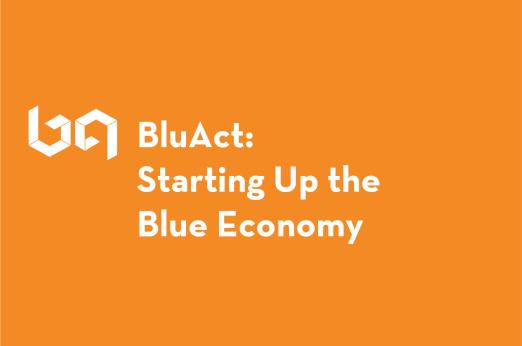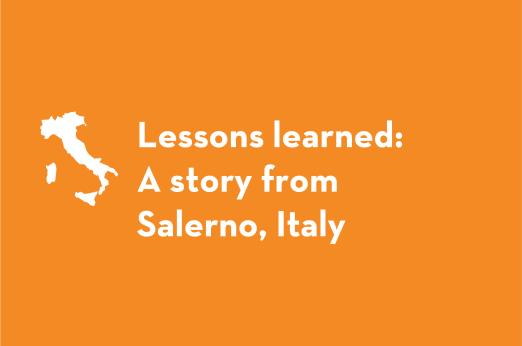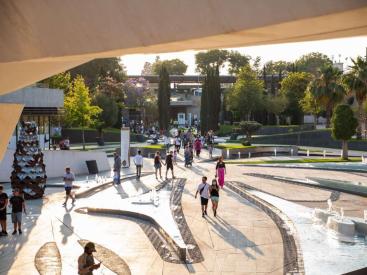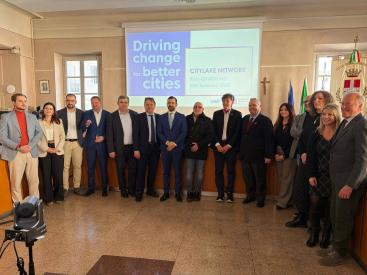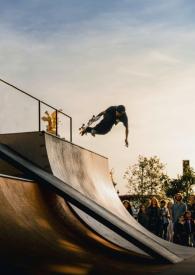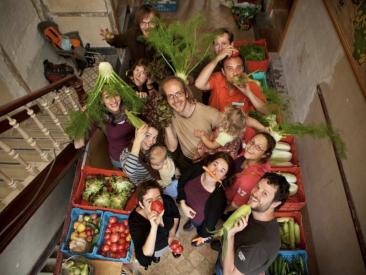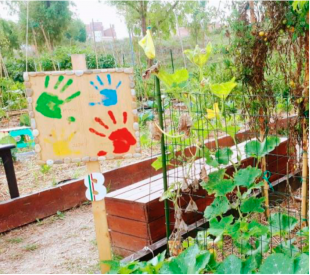01/12/2013 01/03/2015
Food and agriculture accounts for a key part of global environmental challenges including climate change, biodiversity, nitrogen and phosphorus. Diet for a Green Planet is a way for every person who eats food to engage and become part of the solution.
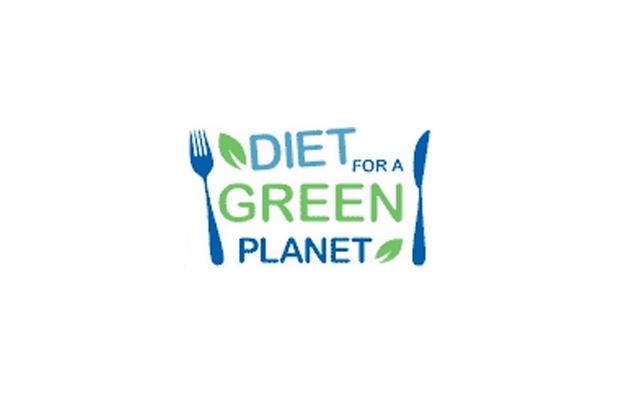
Summary
Introduction
The Diet Unit of Södertälje municipality has had a key role in the development of this practice by successfully implementing the ideas broadly in the public kitchens under strict budget conditions.
A key part of the practice is that it has challenged attitudes around food and shown a potential to be a powerful tool for combating climate change and other global ecological challenges – and at the same time raise the general quality of the food served, promote health and empower personnel – within the same strict food budget. This makes public meals a driver for sustainable development.
Through the projects the Diet Unit has been involved in and through the continuous close cooperation with the BERAS Secretariat the development of the practice has had a continuous connection to research and global network resources and especially Baltic Sea Region. Thanks to this the Diet for a Green Planet concept stands on a solid ground.
The basic principles of Diet for a Green Planet are:
Good and healthy food
Organically grown and ideally from Ecological Recycling Agriculture farms
Less meat, more vegetables and wholegrain
Seasonal food
Locally produced
Reduced waste
Partners
Lead Partner : Södertälje - Sweden- Mollet del Vallès - Spain
- Łomża - Poland
- Molétai - Lithuania
Timeline
Project launch
Project completed
Network Outputs
-
Diet for a Green Planet cookbook(PDF, 9Mo)
-
Diet for a Green Planet - Final Report(PDF, 9Mo)
A few questions to Sara Jervfors, head of the Diet Unit in Södertälje and a driving forces behind the implementation of Diet for a Green Planet in Södertälje.
Sara Jervfors, Head of the Diet Unit in Södertälje Municipality
What motivates you to be part of the URBACT adventure?
"I am proud of the concept that we have developed in Södertälje. It promotes - and implements - sustainable development and it engages people that normally do not get the possibility to make a real difference through their trade, like kitchen staff in our public schools.
The simple fact that it is a good concept makes me want to spread it to other parts of Europe. But the URBACT project also gives us possibilities to evaluate and develop the concept even further."
Who would you like to benefit from the work achieved in your project?
"Ideally everyone! More concretely I hope that kitchen staff will benefit from getting more possibilitites, more creativity and more freedom.
I hope that students and teachers will benefit from getting healthier food together with great pedagogical tolls, that politicians will benefit by contributing to their cities taking a stand on issues like farming and food production, and that local farmers and businesses will benefit from an increased focus on local, organic and seasonal food."

